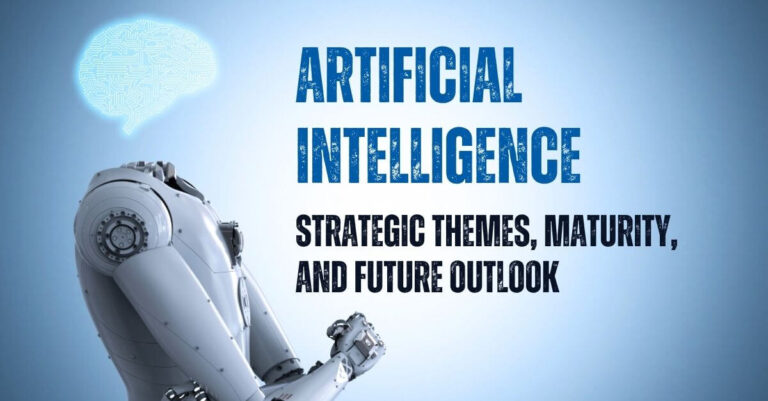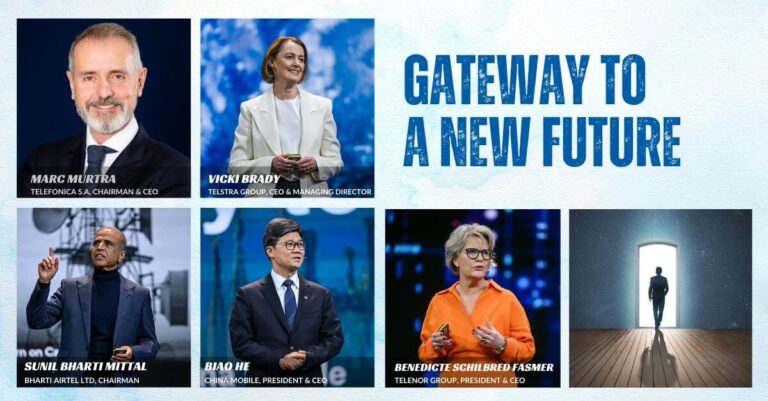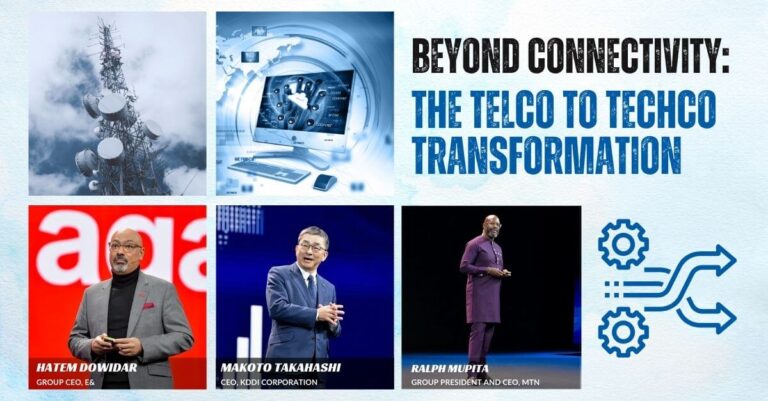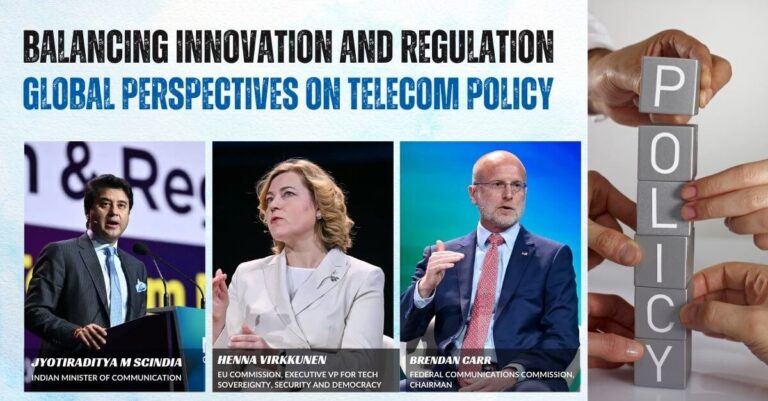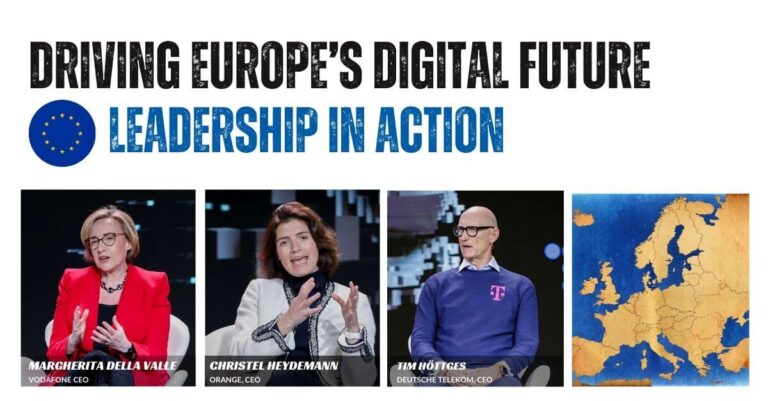Vodafone to Support Critical Fixed Connectivity for Smart Metering Infrastructure
Vodafone has announced an expanded role in the UK’s smart metering initiative, taking on a more comprehensive responsibility in the nation’s digital energy transformation. Already supplying 2G and 4G mobile connectivity for transmitting data from smart meters, Vodafone will now also provide fixed-line connectivity between energy suppliers and the Data Service Platform (DSP). This enhanced role is part of a new contract awarded under the UK’s broader smart metering upgrade program.
The Data Service Platform: Backbone of the Smart Metering System
The DSP, managed by the Data Communications Company (DCC), acts as the core intelligence behind the UK’s smart metering network. It is a secure, centralized system that collects energy consumption data from meters and makes it available to energy suppliers. By enabling access to real-time and historical data, the DSP allows suppliers to better manage energy loads, predict demand, and offer more dynamic pricing to consumers.
Vodafone’s expanded scope means it will now facilitate the flow of data across the entire value chain — from smart meters via mobile connectivity, and from suppliers to the DSP via fixed-line infrastructure. This two-pronged connectivity role positions Vodafone as a central enabler in the UK’s smart energy ecosystem.
Smart Metering and the UK’s Net Zero Goals
Smart meters are vital for the UK’s transition to a low-carbon energy system. By providing near real-time usage data, they help consumers better manage energy consumption and support utilities in optimizing grid operations. This infrastructure is a cornerstone of the UK’s net zero strategy, helping reduce emissions, minimize energy waste, and enhance the integration of renewable energy sources.
Nick Gliddon, CEO of Vodafone Business UK, emphasized this broader mission: “Smart meters are central to Britain’s journey toward a more sustainable, efficient energy system — and the Data Service Platform is the intelligence behind it all.”
Vodafone’s involvement directly contributes to these national objectives by ensuring secure and resilient connectivity across both mobile and fixed networks.
Strengthening the Telecom-Utility Collaboration
The smart metering upgrade is not just a technology refresh—it represents a deeper convergence between telecoms and energy sectors. As utilities become more data-driven, they increasingly rely on telcos for robust, scalable connectivity and secure digital platforms.
This collaboration is visible in the UK project, where Vodafone joins forces with companies like IBM and CGI. IBM is developing a new cloud-based version of the DSP to enhance scalability and performance, while CGI continues to serve as the system integrator and incumbent platform provider.
These joint efforts show how telcos are evolving beyond connectivity providers to become strategic partners in utility digital transformation. Telecom companies are leveraging their infrastructure, Edge capabilities, and cybersecurity expertise to help utilities modernize operations, improve reliability, and better serve end-users.
From Connectivity to Grid Intelligence
As the energy sector transitions from centralized fossil-fuel generation to decentralized renewables, grid operators need advanced data capabilities to balance supply and demand. Smart meters generate valuable data at the edge of the grid, but without secure and continuous connectivity, that data is useless.
This is where Vodafone’s dual mobile and fixed-line role becomes crucial. Mobile networks support real-time updates from residential and commercial meters, while fixed connections ensure large-scale, stable communication between suppliers and the DSP. This hybrid architecture enhances the network’s assurance and resilience — especially during peak load times or in the event of disruptions.
Moreover, these systems increasingly leverage AI and Automation to process data, detect anomalies, and optimize performance. Telecom providers with expertise in these areas, like Vodafone, are well-positioned to help utilities scale these technologies securely and efficiently.
Building a Secure, Scalable Future for Energy Data
Security, scalability, and sustainability are at the heart of the next-generation DSP platform.
Chris Lovatt, CEO of DCC, underlined this point: “As part of the transition, it is crucial that we drive the best possible outcomes for our customers and energy consumers.”
The partnership with Vodafone supports that vision by ensuring that the network infrastructure can adapt to increasing volumes of energy data and future regulatory requirements. Enhanced connectivity also improves the agility of the energy market, allowing new entrants and business models, including demand response and peer-to-peer energy trading.
Positioning Vodafone as a Utility-Grade Connectivity Partner
With this expanded role, Vodafone strengthens its position as a key digital infrastructure partner for the UK energy sector. This development is part of a larger trend where telecom providers are embedding themselves deeper into utility operations — not just in smart metering but across grid modernization, predictive maintenance, and IoT-driven energy monitoring.
The convergence of telecom and utility industries reflects the growing complexity of modern infrastructure. By offering both the communication fabric and the digital tools to manage it, telcos like Vodafone are helping utilities deliver reliable, efficient, and customer-centric energy services.
Conclusion: Smart Metering as a Foundation for a Digital Energy Ecosystem
Vodafone’s fixed-line upgrade for the DSP is more than a network enhancement — it’s a strategic enabler for a smarter, greener, and more connected energy system. As smart meters become standard across UK homes and businesses, the reliability of the communication network underpinning them becomes ever more critical.
Through partnerships with DCC, IBM, CGI, and other stakeholders, Vodafone is playing a central role in reshaping how energy data is collected, processed, and used. This initiative supports broader national goals, including energy efficiency, carbon reduction, and digital inclusion — proving once again that in today’s interconnected world, telecom infrastructure is as vital to utilities as the energy flowing through the wires.






